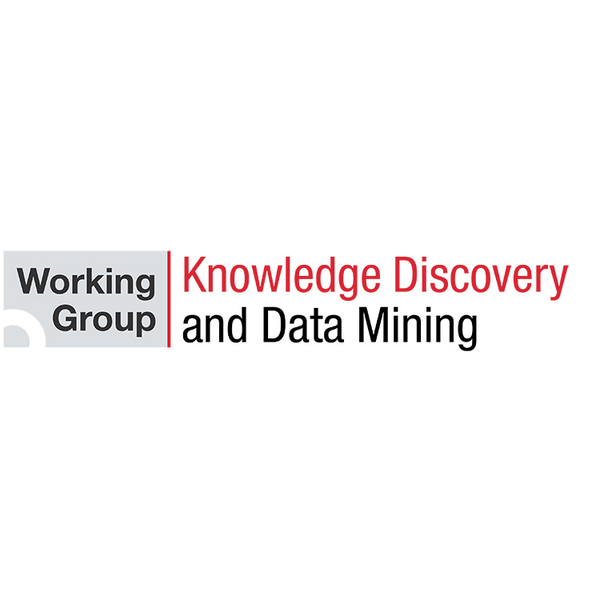Working Group Webinar Library
Webinar Library
STARR: Accelerating Clinical Data Science at Stanford
STARR is Stanford’s single integrated data lake containing clinical data of different modalities from the three Stanford Hospitals and associated clinics. STARR contains “raw” and “analysis-ready” data as well as tools to analyze this data.

Beyond Theory: Practical Marketing and Operational Implementation in Surgical Informatics
This upcoming webinar focuses on the practical aspects of integrating informatics into surgical departments. Our panel of three experts will guide participants through effective strategies for promoting and marketing the benefits of informatics to their departments, addressing common concerns and demonstrating the value it brings to patient care and operational efficiency. Additionally, the seminar will cover actionable steps for implementing changes based on informatics and leveraging data for improved healthcare. Attendees of this webinar should leave with a clear understanding of how to advocate for informatics within their departments, practical insights on implementing operational changes, and strategies to harness informatics for improving surgical outcomes and efficiencies. Presenter Watch the Recording

Graph Mining for Health
Graphs are ubiquitous data structures providing powerful representations for objects with interactions. Empowered by recent progress in AI and machine learning, rapid technical progress has been achieved in graph mining. On the other hand, research and clinical practices in public health have generated large volumes of interconnected data, where the exploration of modern graph mining principles and techniques are still rather limited.

Cultivating Careers: The Power of Mentorship
This practical webinar will look at what mentoring is, and why it can make a difference. Mentoring has long been recognized as a powerful tool in career development. Research backs this, showing mentored individuals to have higher career satisfaction and greater commitment to their profession than non-mentored individuals. Additionally, the mentoring relationship can benefit both parties providing multiple rewards.

From Silos to Multi-Centric Studies: Incorporating time-dependent features to capture disease trajectories impacting complex conditions outcomes
This webinar discusses pros, cons and challenges of moving health informatics research from silos and registry-centric to multi-centric electronic health records data. It will provide tools and data science methods incorporated to mine electronic health records to extract and capture time-dependent features when equally-spaced time is not present. The goal of the webinar is to present preliminary work on modeling complex disease trajectories, specifically for liver transplantation and pain (as well as some examples from previous work on sepsis) to capture patient deterioration while identifying interventions capable of prevent/delay such progressions. The webinar will also present several approaches for building different phenotyping strategies for these diseases as part of the process, validation methods, and the importance of team science for more accurate and clinically relevant. Presenter Watch the Recording
